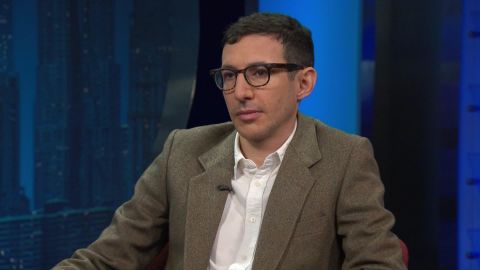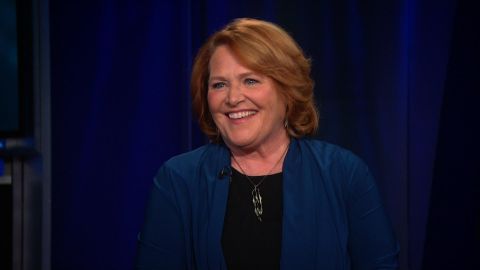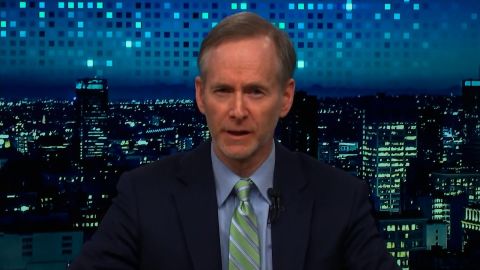Read Transcript EXPAND
AMANPOUR:
And in the Atlantic, which you write for, of course today you wrote as outstanding as Bryant was as a player, his growth in retirement was more impressive in a way. Once the epitome of precocious arrogance, he evolved being a true champion for others. Um, you know, there, there is a tendency and people will always criticize the speed with which you talk about the complete person and not just Hey, you know, the Hague geography in the immediate moment. You had an opportunity to see all sides of Coby Brian, the brilliant and, and some of you know what you’ve called the, the arrogance. Tell me a little bit about the conversations you had with him over his career, over your career, covering him and where you, you had issues with him and you called him out.
JEMELE HILL:
Yeah, I mean it was, uh, I love to tell the story, particularly to younger journalists, um, because it is sort of the way I grew up thinking about, uh, journalism the way that I fashioned my career. You were always taught that if you wrote something or said something critical about an athlete that you were to give them the opportunity to have their say about it. Um, you write a column about an athlete criticized and him would go in the locker room the next day and stand and defend what you wrote. And so in 2014 Coby made some comments to the new Yorker that I thought were very tone deaf. Um, I thought they were insensitive and talking about the Trayvon Martin case and, you know, he didn’t seem, uh, I think he was seeing it through the prism, frankly, of his own, uh, rape trial and him feeling as if he were wrongly accused.
JEMELE HILL:
And I thought he provided some cover, uh, for George Zimmerman and for him to be in that position to do that, uh, somebody of his magnitude. Uh, I just thought it was just wrong. And I called him out about it on air. And this was back when I was at ESPN and maybe 10 or 15 minutes after I criticized him, I get a direct message from Kobe Bryant telling me to call him. And even more so he sent some of his reps after me too. So I got the message from multiple angles that I was to call Koby Bryant. And so I called him and I expected him to be angry. I mean, I’ve been cussed out by athletes and coaches before, so I thought this was probably the direction that this was headed. And it wasn’t. We talked for about an hour. He shared his perspective. I shared mine and I felt him make kind of a turn.
JEMELE HILL:
And I think he understood why I thought his comments were kind of inappropriate. And later on what happened was he apologized to the Martin family. He even spoke at a, at a rally for Trayvon Martin as well. And I saw him really kind of dig deeper into making sure that he used his voice to really move the needle on substantive, uh, social and racial issues
About This Episode EXPAND
Heidi Heitkamp discusses a new revelation in the Senate impeachment trial, Dr. Tom Inglesby addresses growing fears over the coronavirus, Jemele Hill reflects on Kobe Bryant’s remarkable and complicated legacy and Joshua Yaffa analyzes Putin’s rule in modern Russia.
LEARN MORE



